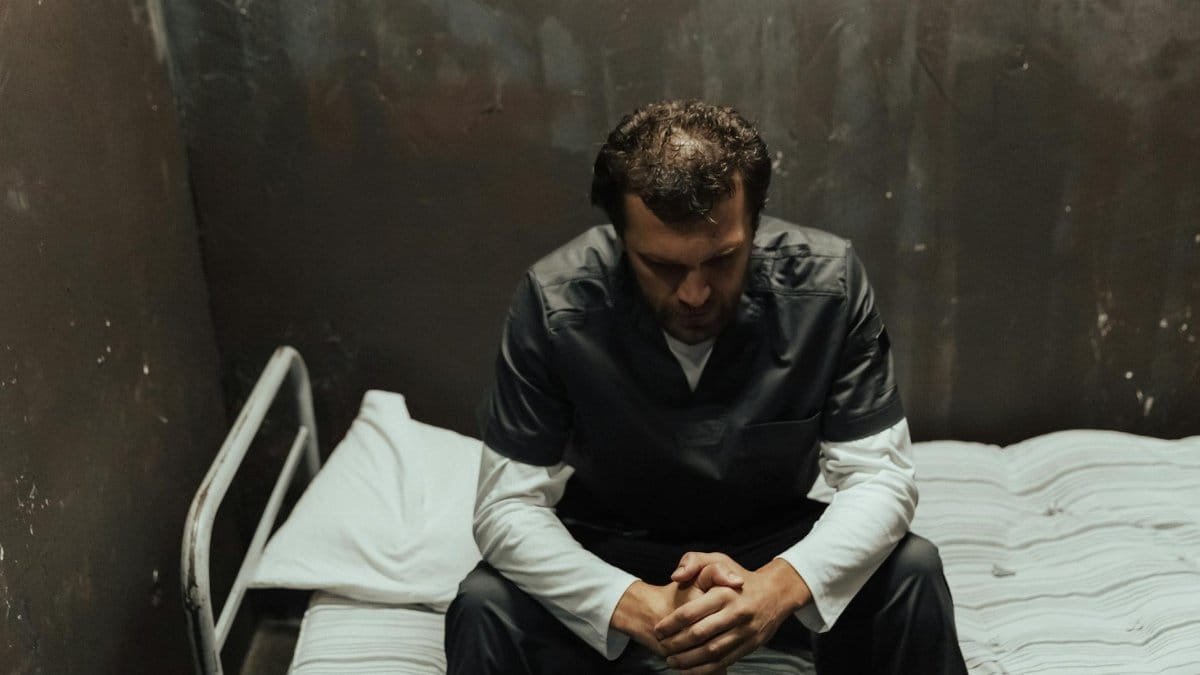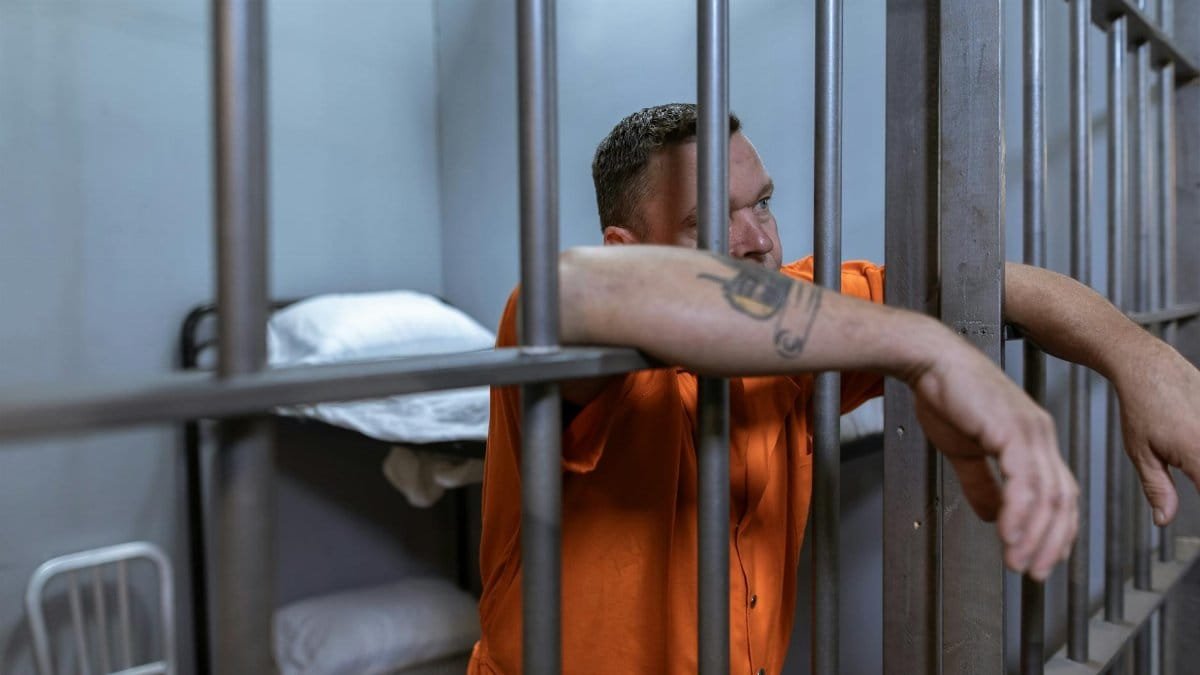Is California prison mindfulness the key to transforming the state’s correctional system? A groundbreaking bill under consideration by California lawmakers could soon bring mindfulness programs to prisons across the state. With a focus on rehabilitation and reducing recidivism, this proposal aims to allocate state funds to implement structured meditation and mindfulness training for inmates. Supporters argue it could reshape how rehabilitation is approached, offering a new tool to address the challenges of incarceration. As the debate unfolds in 2025, the potential impact of this initiative is already drawing national attention.
The Proposal at a Glance

At the heart of this legislative push is a bill that seeks to integrate mindfulness programs into California’s correctional facilities. The proposed funding would cover the development and implementation of structured courses designed to teach inmates meditation techniques and stress management skills. Lawmakers backing the bill emphasize that such programs could provide inmates with tools to navigate the psychological pressures of prison life. While details of the budget allocation remain under discussion, the initiative signals a shift toward innovative rehabilitation strategies in the state’s prison system.
A Focus on Rehabilitation

The primary goal of introducing California prison mindfulness programs is to enhance rehabilitation efforts. Proponents argue that mindfulness training can help inmates develop emotional resilience, improve self-awareness, and manage anger or anxiety. These skills are seen as critical for successful reintegration into society after release. By addressing mental health and emotional well-being, the state hopes to equip individuals with coping mechanisms that could prevent future conflicts or behavioral issues within and beyond prison walls.
Tackling Recidivism Rates

Reducing recidivism is a cornerstone of the proposed bill. California has long grappled with high rates of reoffending, and lawmakers see mindfulness as a potential game-changer. The theory is that by fostering inner calm and better decision-making, inmates may be less likely to return to criminal behavior post-release. While concrete data on mindfulness programs in prisons is still emerging, early studies suggest a correlation between mental health support and lower recidivism. This bill could provide the framework to test these outcomes on a larger scale.
Why Mindfulness in Prisons?

Mindfulness, often rooted in meditation practices, has gained traction in various sectors for its benefits in reducing stress and improving focus. Applying it within the prison context, however, is a relatively new concept in California. Advocates argue that the high-stress environment of incarceration makes inmates particularly suited to benefit from such programs. The structured nature of mindfulness training could offer a rare opportunity for personal growth in an otherwise restrictive setting, potentially altering inmates’ perspectives on conflict and self-control.
Potential Challenges Ahead

Despite the optimism surrounding the bill, implementing California prison mindfulness programs is not without hurdles. Logistical concerns include training qualified instructors and ensuring consistent program delivery across diverse facilities. Additionally, some critics question whether state funds should prioritize mindfulness over other pressing needs like vocational training or healthcare. Skeptics also wonder if inmates will be receptive to such programs, given the cultural and personal barriers that may exist in a prison environment. These debates are likely to shape the bill’s final form.
Broader Implications for Prison Reform

This legislative proposal ties into a larger conversation about prison reform in the United States. As California often sets trends for other states, a successful rollout of mindfulness programs could inspire similar initiatives nationwide. The focus on mental health and rehabilitation reflects a growing recognition that punitive measures alone are insufficient to address systemic issues in corrections. Resources like those from the Vera Institute of Justice highlight the need for innovative approaches to incarceration, and this bill aligns with such calls for change.
Evidence Supporting Mindfulness

While the California bill is still in its early stages, research on mindfulness in correctional settings offers a promising foundation. Studies compiled by organizations like the Pew Research Center suggest that mindfulness-based interventions can reduce symptoms of anxiety and depression among inmates. Although specific outcomes vary, the potential for improved mental health outcomes could indirectly contribute to safer prison environments and better post-release success. California’s initiative may build on this evidence to create a scalable model.
Public and Political Reception

The bill has sparked a mix of support and skepticism among the public and political spheres. Advocates, including mental health professionals and reform activists, praise the forward-thinking approach. They argue it addresses root causes of criminal behavior rather than merely punishing it. On the other hand, some policymakers remain cautious, citing the need for measurable results before committing significant funds. As discussions continue in 2025, the outcome of this bill could hinge on how effectively supporters articulate its long-term benefits.
Looking Ahead

As California lawmakers deliberate on this bill, the state stands at a crossroads in its approach to corrections. If passed, the funding for mindfulness programs could mark a significant departure from traditional rehabilitation methods, prioritizing mental and emotional tools over purely punitive measures. The success or failure of this initiative may influence how other states view similar programs, potentially reshaping the national landscape of prison reform. For now, all eyes are on California to see if mindfulness can truly make a difference behind bars.
